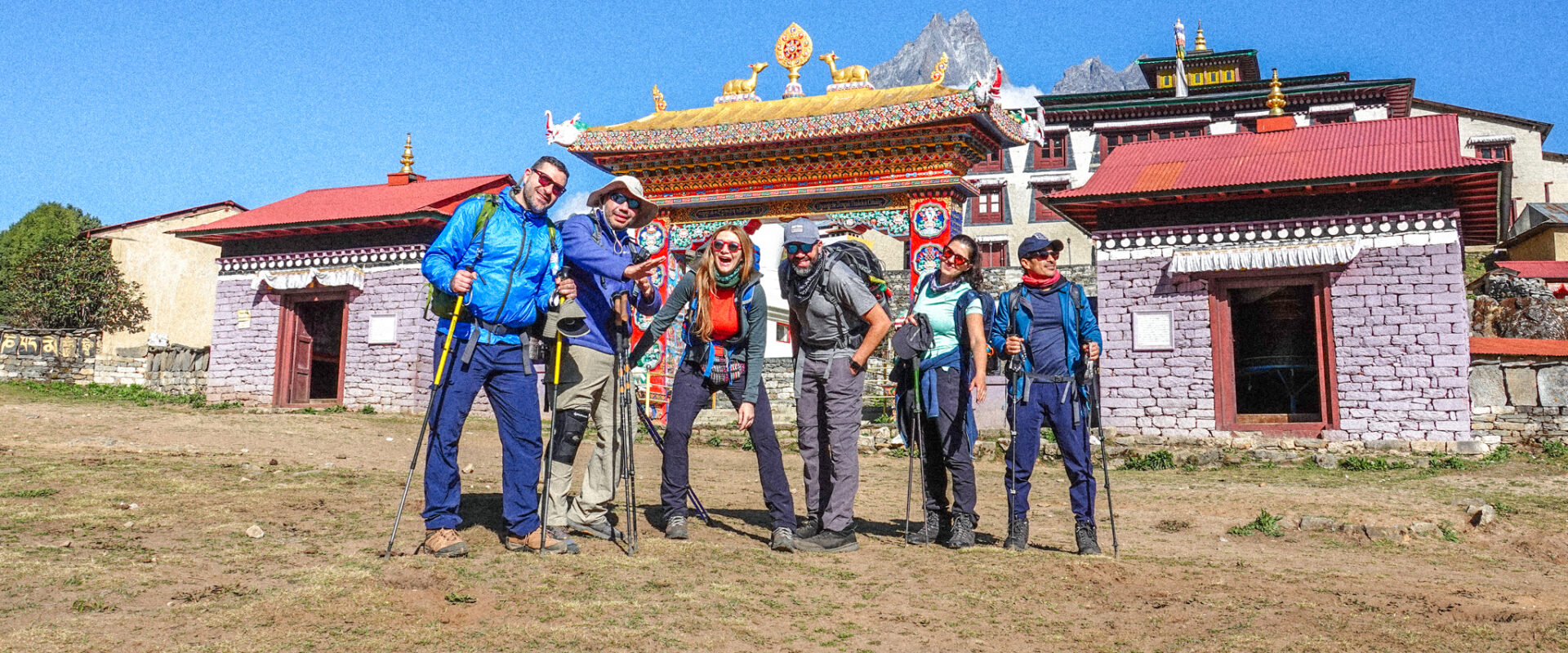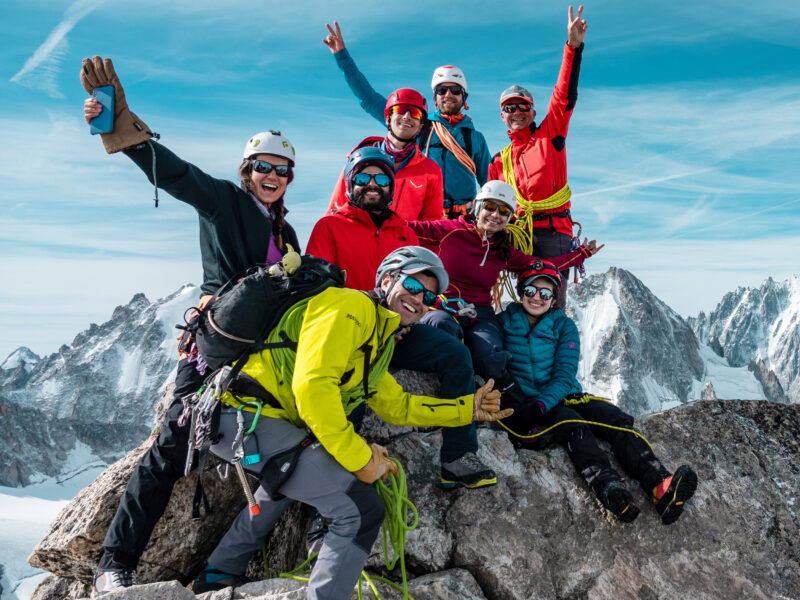BY Rami Rasamny | July 18 2024
5 Things I Wish I Knew Before Trekking to Everest Base Camp

Embarking on the journey to Everest Base Camp (EBC) is a dream for many adventurers. However, this trek is more than just a challenging hike; it’s a test of endurance, patience, and preparation. Here are five crucial insights I wish I had known before setting off on this epic adventure.
1. Pace Yourself: It’s a Marathon, Not a Sprint
One of the most critical mistakes trekkers make is starting too fast during the lower altitude days. The initial stages of the trek can seem deceptively easy, prompting many to push their limits and increase their cardio. However, this approach backfires in the long run. Overexerting yourself early on depletes the energy reserves needed for acclimatization and tackling the more challenging parts of the trek. The key is to maintain a steady, manageable pace and conserve energy. Remember, reaching Everest Base Camp is a marathon, not a sprint. Slow and steady truly wins this race.
2. Consume Meat at Your Peril
While meat is available on the menu all the way to Everest Base Camp, it’s important to consume it with caution. Slaughtering animals above Lukla is prohibited, meaning any meat you encounter has been transported from lower altitudes. Unfortunately, the methods of transportation often do not meet standard hygienic practices, increasing the risk of contamination. Consuming poorly handled meat can lead to stomach issues, potentially cutting your trek short. Opting for vegetarian meals is a safer bet, ensuring you remain healthy and able to continue your journey.
3. Beware of the Khumbu Cough
The trail to Everest Base Camp is frequented by yaks and donkeys, whose droppings mix with the dry soil. As trekkers and caravans pass, this contaminated dust is kicked up into the air. Inhaling it can cause a respiratory infection known as the Khumbu cough. To protect yourself, it’s wise to use a buff or facemask, especially in dusty conditions. This simple precaution can significantly reduce your risk of developing this unpleasant and potentially debilitating condition.
4. Eat Like the Locals
Sticking to local meals such as Dal Bhat or Sherpa stew is not only a delightful cultural experience but also a practical one. These dishes are packed with the nutrients needed for recovery and are prepared to perfection by the locals. By eating like the locals, you’ll find yourself better nourished and more resilient. These meals are tried and tested by those who live and thrive in the high-altitude environment, making them an ideal choice for trekkers.
5. Plan for Flight Delays in Lukla
Flights in and out of Lukla, the gateway to Everest, are notoriously unreliable due to unpredictable weather conditions. Delays and cancellations are common, and having the right connections can make a significant difference. In Lukla, the ticketing process can be chaotic, and there is little oversight. It’s not uncommon for trekkers to be bumped off flights in favor of others. Ensuring your guide or operator has strong connections and experience with the local logistics can smooth your passage through this bottleneck. A well-connected guide can help you navigate the challenges and secure your spot on those crucial flights.
Final Thoughts
Trekking to Everest Base Camp is an extraordinary adventure that requires careful planning and preparation. By pacing yourself, being cautious with your diet, protecting your respiratory health, eating local dishes, and planning for potential flight delays, you can enhance your trekking experience and improve your chances of reaching the base camp. Embrace these tips, and you’ll be better equipped to tackle the magnificent journey to Everest Base Camp.
About The Author
Rami Rasamny is the founder of Life Happens Outdoors, a premium adventure travel community dedicated to transforming lives through curated outdoor experiences. A mountaineer and entrepreneur, Rami has led teams on some of the world’s most challenging peaks, from the Alps to the Himalayas. His mission is to make adventure accessible, transformative, and safe for all who seek to push their limits and Come Back Different.
About Life Happens Outdoors
At Life Happens Outdoors, we believe in the power of nature to transform lives. As proud members of the Adventure Travel Trade Association (ATTA) and the World Travel & Tourism Council (WTTC), our team of certified guides and outdoor professionals is committed to the highest standards of safety, sustainability, and excellence.
Discover more about our story and mission on our Meet LHO page, or explore our curated adventures such as the Tour du Mont Blanc Trek, the Climb of Kilimanjaro, and Chasing the Northern Lights.















